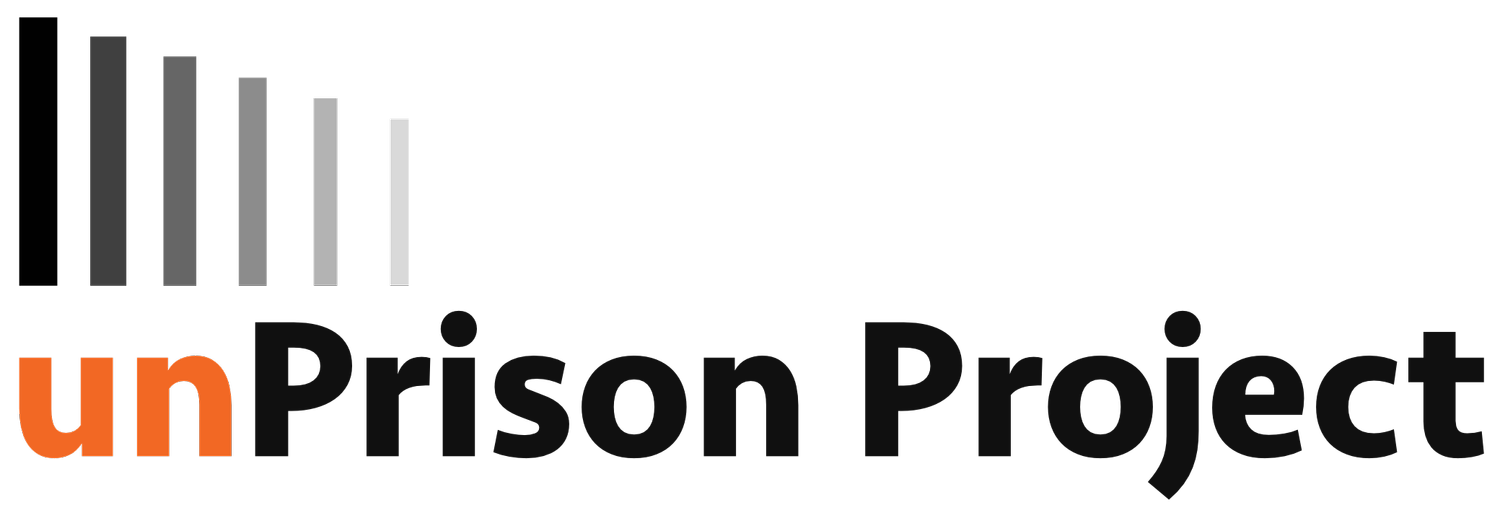Home Sweet Home: David Breakspear
The ache for home lives in all of us. The safe place where we can go as we are and not be questioned.
— Maya Angelou
I’m not suggesting that my childhood home caused me problems. I’m confident in saying that without my childhood home, I’d have been in a lot worse position than I was, even though that wasn’t great. My own issues saw me disengage from my family and not the other way around; however, that was many moons and many identities ago and is a place I no longer live. Time has a habit of doing that.
I would suggest home is very much something that is not only subjective but is changeable. As the old saying goes, “A man’s home is his castle.” A quote coined by English Judge Sir Edward Coke in 1644, it basically means, “At home you’re your own boss.” As Maya Angelou said, home is “The safe place where we can go as we are and not be questioned.”
After a while, whether it was because the environment suited the person I was/am, or whether the person I was/am had adapted to a specific environment, meaning I could thrive, prison became home. I didn’t return to my cell, my landing, my wing, my houseblock; I returned home at the end of my working day.
I’m not saying it was the right view to have, but it was the view I had. I’m also not saying I didn’t sometimes find it hard and stressful, but then I could never say life out here isn’t sometimes hard or stressful. However, my perspective of prison became one of prison being my home. Again, I’m not saying it was the right thing to do but it is what it is or was what it was. As Catherine Pulsifer said, “Home is where we should feel secure and comfortable.”
I’m not complaining because it was what it was and there is nothing I can do to ever change my past. As I said, prison became my home and my experiences have enabled me to be the person I am today, something I wouldn’t change for the world.
It was my perspective of prison, which I grew into, that enabled me to turn my life around in that very environment. I could almost say my reason for doing so was that I grew out of it. My heart was no longer in it, as such.
I personally feel I had learned all the lessons I had needed to, and prison finally served its purpose. I should say it finally served my purpose, as the purpose of prison is to lock people up who the judiciary and, I suppose, society, deem are untrusted to walk the streets. It was a shame I couldn’t have learned the same lessons as my peers while I was at school, but I must admit, school wasn’t right for me. The school I was permanently excluded from was most definitely not for me, so I shouldn’t really say school as in all schools.
A good friend of mine says, and quite rightly, the criminal justice system pathway includes just as many exit signs as it does pitfalls. And one thing that always comes to mind when I think of those exit signs is, whose job is it to spot them?
I had gotten to the point where prison became my home and, rather than look for the exit sign, I was more focused on the entrance. Is it rational to see prison as home? If you think it isn’t, then how is it possible to spot other rational signs, like an exit sign? I recently read that 95% of people in prison don’t want to be there. Not only are they there, but many return and return. I did, and I became “secure and comfortable.”
So, whose job is it to spot the exit signs?
David Breakspear began his journey as a returning citizen after four decades of experience in the criminal justice system. Since his release in June 2017, he has spoken to Parliament and delivered a TEDx talk about educational opportunities for incarcerated individuals. He is an organized crime researcher and the author of a novel on that topic called A Father’s Son. He lives in the U.K., where he continues to share his experiences and his passion for reform. Learn more about David from his website: journeyofareformedman.net.

